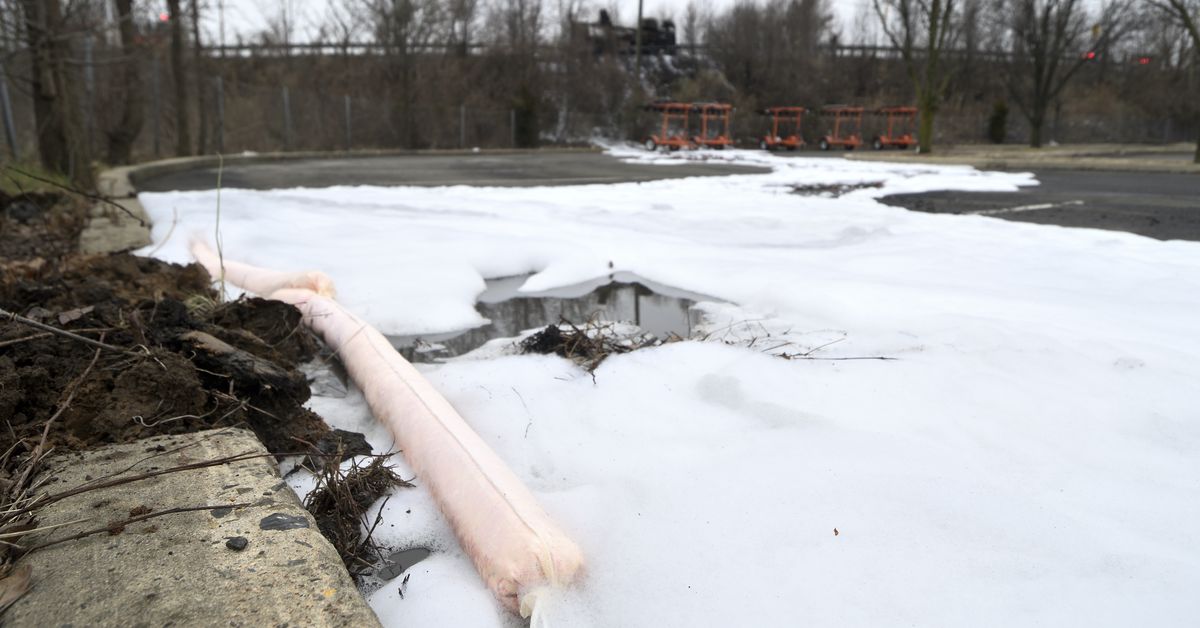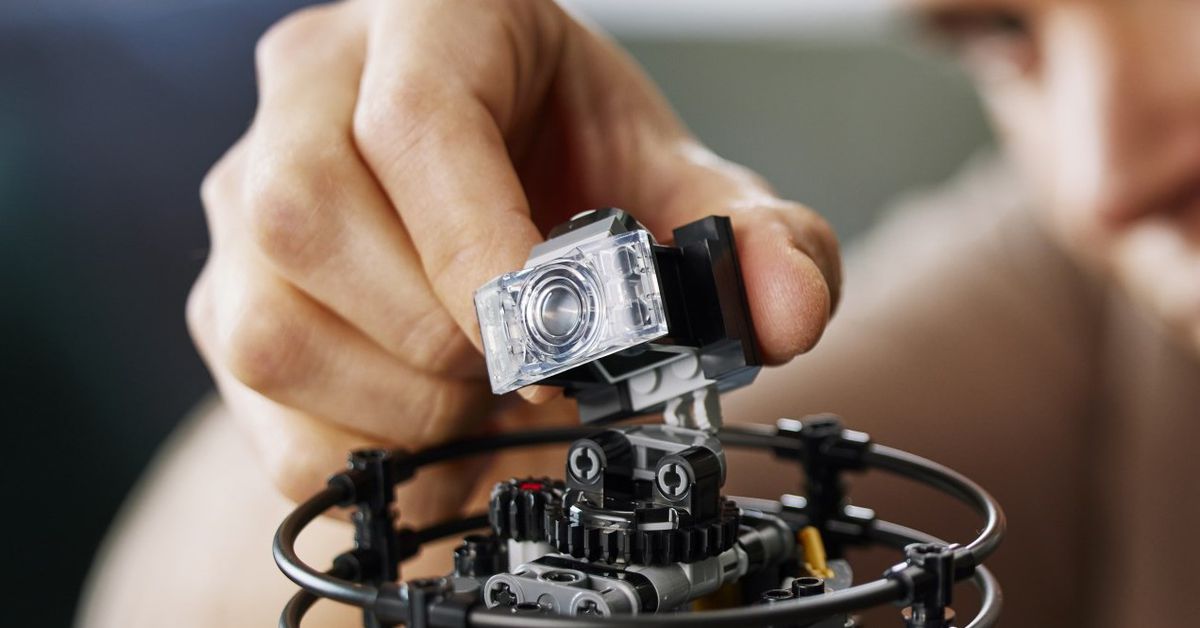
The government recently told the Parliament that it was eyeing a share in the global satellite launch market. Minister of State in PMO Jitendra Singh said that state–run NewSpace India Limited (NSIL) is envisaging launches of several foreign satellites onboard ISRO’s SSLV, PSLV and GSLV-MkIII.
A market for launching small satellites into low Earth orbits has emerged in recent years. It is driven by the needs of developing countries, universities, and private corporations. The SSLV aims to cater to this market. After the Polar Satellite Launch Vehicle and Geosynchronous Satellite Launch Vehicle, the SSLV is ISRO’s third launch vehicle.
Weighing in at only 110 tonnes, the SSLV is ISRO’s smallest launch vehicle. It also takes only 72 hours to integrate, unlike the 70-day period for other launch vehicles. It can carry satellites weighing up to 500 kg to low earth orbit and provides an alternative to ISRO’s current workhorse, the PSLV.
The latter can carry satellites weighing in the range of 1,000 kg. The SSLV is also capable of multiple orbital drop-offs, which allows it to launch multiple microsatellites in one launch. Add to that the key features of low cost and turn-around time, launch-on-demand ability, minimal launch infrastructure requirements, and the ability to accommodate multiple satellites.
SSLV also supports multiple orbital drop-offs and is perfectly suitable for the launch of microsatellites at a time. Some of the key features of the new SSLV includes low cost, low turn-around time, flexibility in accommodating multiple satellites, launch-on-demand feasibility, minimal launch infrastructure requirements among others.
Referring to SSLV, former ISRO chairman K Sivan had in 2019 said that, “Only six people will be required to do the job, instead of 60 people. The entire job will be done in a very short time and the cost will be only around Rs 30 crore. It will be an on-demand vehicle.”
Meanwhile, Space Commission member A S Kiran Kumar reportedly said that SSLV D1 will not be a setback. And that the space agency will attempt another flight.
Dear Reader,
Business Standard has always strived hard to provide up-to-date information and commentary on developments that are of interest to you and have wider political and economic implications for the country and the world. Your encouragement and constant feedback on how to improve our offering have only made our resolve and commitment to these ideals stronger. Even during these difficult times arising out of Covid-19, we continue to remain committed to keeping you informed and updated with credible news, authoritative views and incisive commentary on topical issues of relevance.
We, however, have a request.
As we battle the economic impact of the pandemic, we need your support even more, so that we can continue to offer you more quality content. Our subscription model has seen an encouraging response from many of you, who have subscribed to our online content. More subscription to our online content can only help us achieve the goals of offering you even better and more relevant content. We believe in free, fair and credible journalism. Your support through more subscriptions can help us practise the journalism to which we are committed.
Support quality journalism and subscribe to Business Standard.
Digital Editor




/cdn.vox-cdn.com/uploads/chorus_asset/file/25404717/delta_app_store.png)
/cdn.vox-cdn.com/uploads/chorus_asset/file/25408509/2053045625.jpg)
